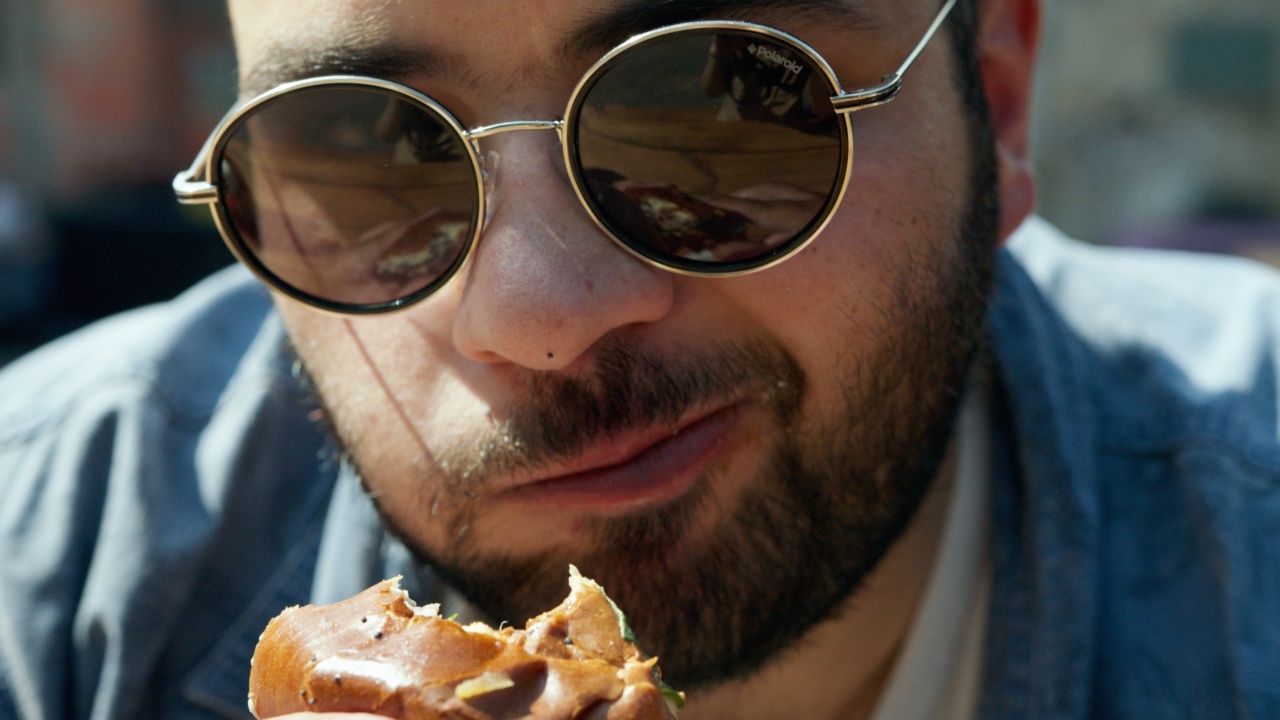When it comes to maintaining good eye health, a balanced diet plays a crucial role. One common eye condition that can greatly benefit from a healthy diet is glaucoma.
Glaucoma is a group of eye diseases that damage the optic nerve and can eventually lead to permanent vision loss. While there is no cure for glaucoma, certain dietary choices and nutrients can help slow down its progression and support overall eye health.
In this article, we will explore the relationship between diet and glaucoma and identify important foods and nutrients that can assist in preserving your eyesight.
The Role of Proper Nutrition in Glaucoma
Research suggests that certain nutrients and antioxidants have a protective effect on the eyes and may help reduce the risk of developing glaucoma or slow its progression.
In order to fully understand how diet can influence glaucoma, let’s delve into the specific nutrients that play a vital role in maintaining optimal eye health:.
1. Vitamin C
Vitamin C is a powerful antioxidant that helps protect the eyes from damage caused by free radicals, which are unstable molecules that can harm cells and tissues in the body, including the eyes.
Foods rich in vitamin C include citrus fruits, strawberries, kiwi, bell peppers, and broccoli. Including these vibrant fruits and vegetables in your diet can help promote eye health and potentially reduce your risk of developing glaucoma.
2. Vitamin E
Vitamin E, another potent antioxidant, is known for its ability to neutralize free radicals in the body. This essential nutrient can help protect the cells in your eyes, including those of the optic nerve.
Nuts and seeds, such as almonds, sunflower seeds, and peanuts, are excellent sources of vitamin E. Adding these nutritious snacks to your daily routine can support eye health and potentially mitigate the progression of glaucoma.
3. Omega-3 Fatty Acids
Omega-3 fatty acids are essential fats that play a crucial role in maintaining eye health. These healthy fats help prevent inflammation in the body, including the eyes, and are believed to have a positive impact on glaucoma.
Fatty fish like salmon, mackerel, and sardines are rich in omega-3 fatty acids. If you’re not a fan of fish, you can consider taking fish oil supplements to ensure an adequate intake of these beneficial fats.
4. Lutein and Zeaxanthin
Lutein and zeaxanthin are two antioxidants that are particularly beneficial for eye health. They are known to accumulate in the retina, including the macula, and help protect against harmful oxidative stress.
Foods rich in lutein and zeaxanthin include leafy green vegetables, such as spinach and kale, as well as egg yolks. Incorporating these foods into your diet can play a significant role in maintaining healthy eyes and potentially slowing down the progression of glaucoma.
5. Green Tea
Green tea contains various antioxidants that can benefit eye health, including catechins and flavonoids. These compounds have been shown to reduce the risk of developing certain eye diseases, including glaucoma.
Additionally, green tea has anti-inflammatory properties that can help reduce intraocular pressure, which is a significant risk factor for glaucoma. By substituting your regular tea or coffee with a cup of green tea, you can enjoy its eye-protecting benefits.
6. Fruits and Vegetables
A diet rich in fruits and vegetables provides the body with essential vitamins, minerals, and antioxidants necessary for good overall health, including the eyes.
To support your eye health, aim to incorporate a variety of colorful fruits and vegetables into your daily meals. This includes berries, oranges, tomatoes, carrots, sweet potatoes, and many more.
The vibrant colors of these foods indicate the presence of various beneficial compounds that can help protect your eyes and potentially lower the risk of glaucoma progression.
7. Dark Chocolate
Who said eating healthy can’t be delicious? Dark chocolate with a high percentage of cocoa contains flavonoids that have been linked to improved blood flow to the eyes and overall eye health.
However, moderation is key, as chocolate also contains sugar and calories. Opt for dark chocolate with at least 70% cocoa content and enjoy it in moderation as an occasional treat.
8. Garlic
Garlic is known for its various health benefits, and its potential positive impact on eye health is no exception.
Garlic contains sulfur compounds that promote better blood flow and may help lower intraocular pressure, reducing one of the risk factors associated with glaucoma. Including garlic in your meals can enhance the flavor while potentially supporting your eye health.
9. Whole Grains
Whole grains, such as brown rice, quinoa, and whole wheat bread, are an excellent source of vitamin E, zinc, and niacin, all of which are necessary for maintaining healthy eyes.
These nutrients help protect the eyes from oxidative stress and harmful free radicals. By opting for whole grain alternatives instead of refined grains, you can provide your eyes with the nourishment they need.
10. Water
Staying properly hydrated is crucial for overall health, including your eye health. Drinking an adequate amount of water helps maintain the fluid balance in your body and prevents dehydration.
Dehydration can lead to dry eyes, which can exacerbate the symptoms of glaucoma. Make sure to drink at least 8 glasses of water a day to keep your eyes and body properly hydrated.
Conclusion
Eating a balanced diet that incorporates nutrient-rich foods can play a significant role in supporting your eye health and potentially slowing down the progression of glaucoma.
Incorporating foods and beverages, such as citrus fruits, leafy greens, fatty fish, green tea, dark chocolate, garlic, whole grains, and plenty of water, can provide your eyes with the essential nutrients and antioxidants they need. While these dietary choices can assist in maintaining optimal eye health, it’s essential to remember that they should complement medical treatments and regular eye check-ups.
Remember to consult with your healthcare provider or ophthalmologist before making any significant changes to your diet. By nourishing your body with the right foods, you are taking a proactive step towards better eye health and preserving your vision for years to come.































